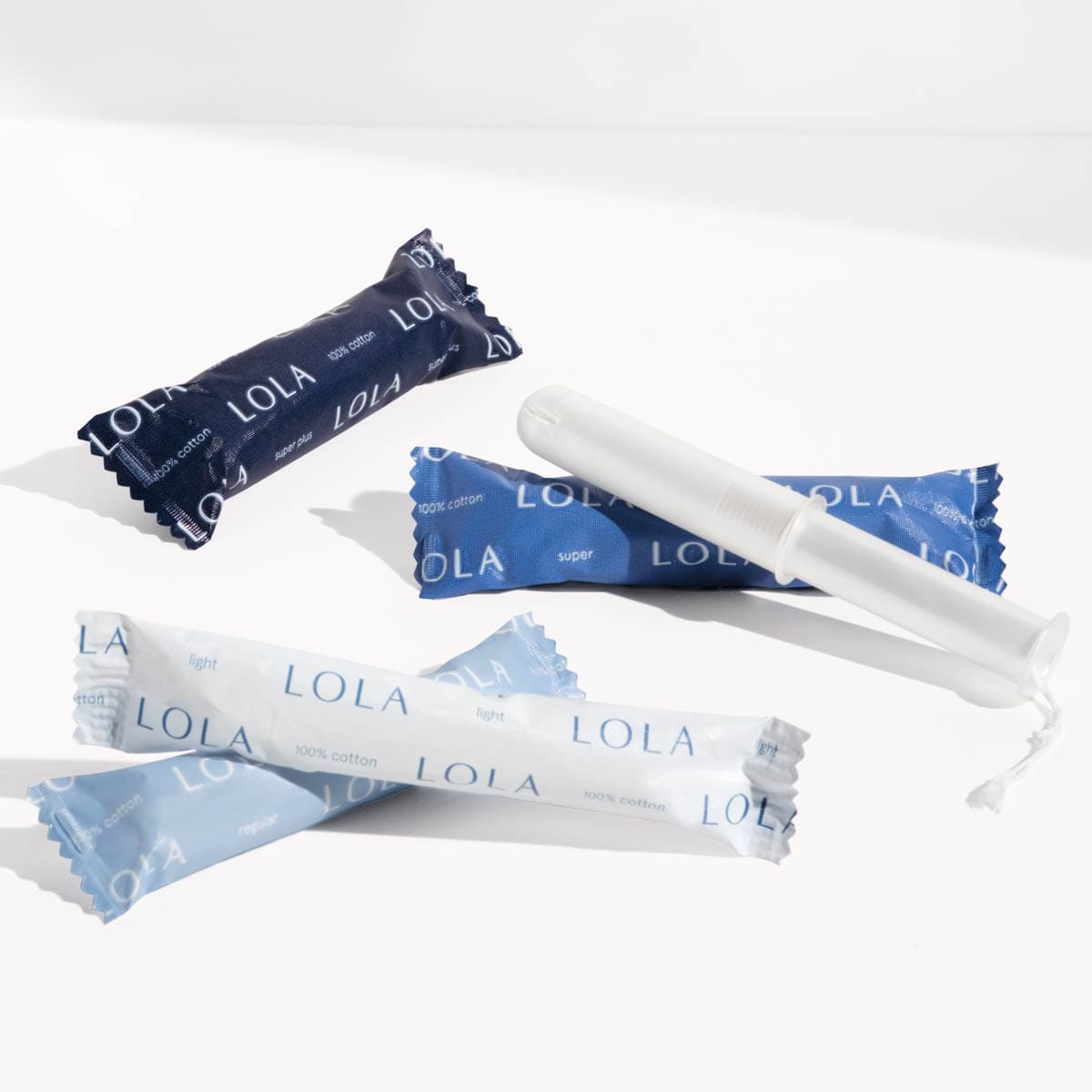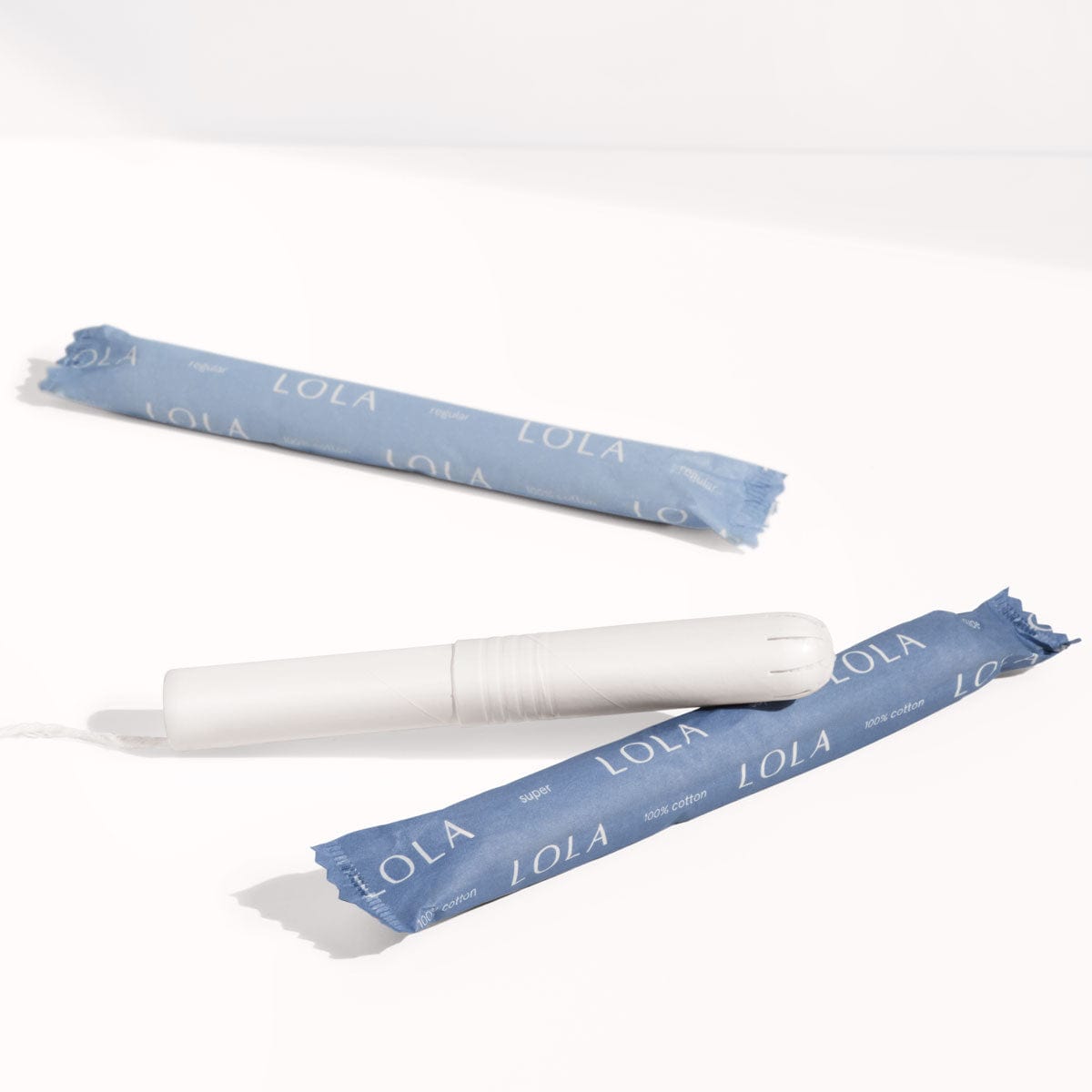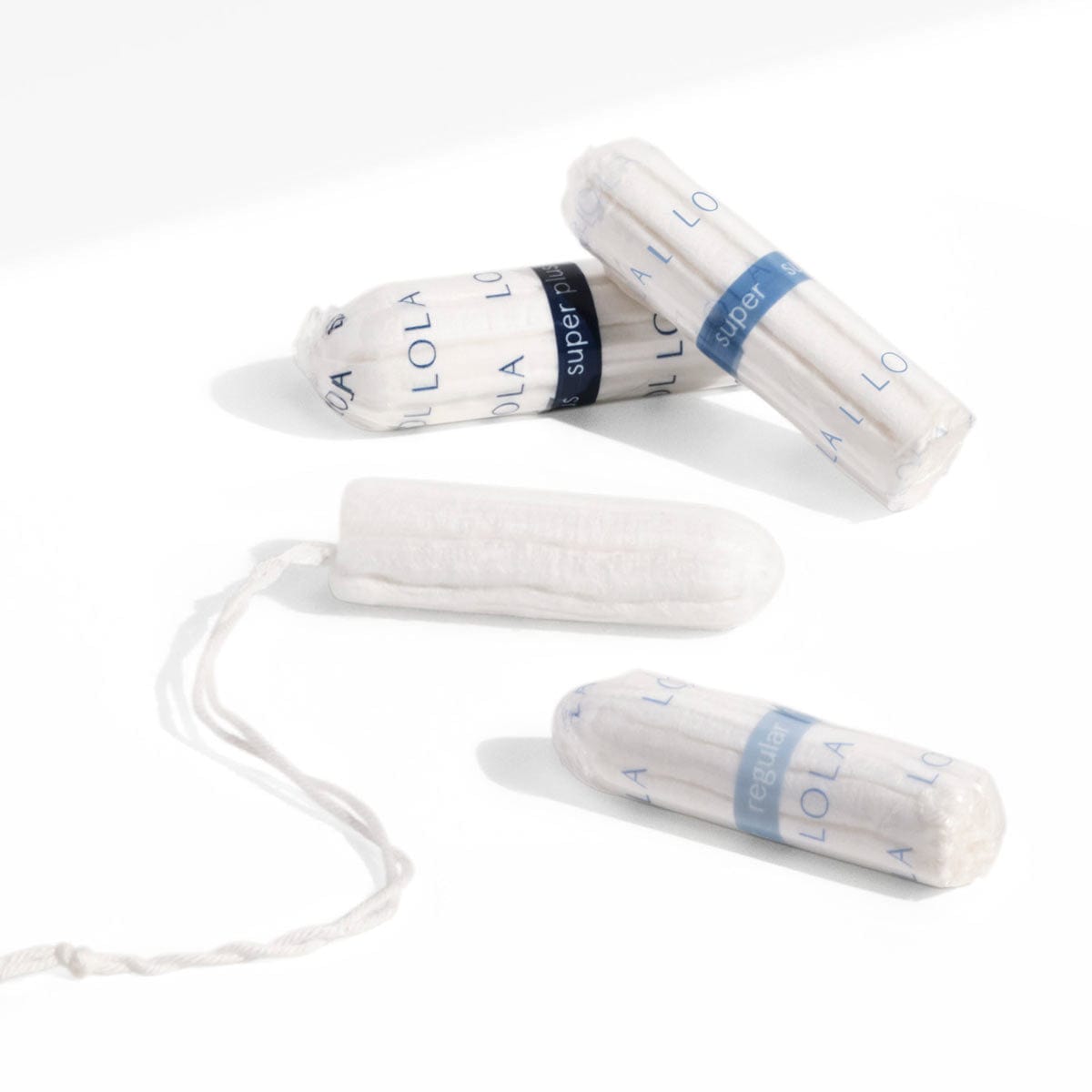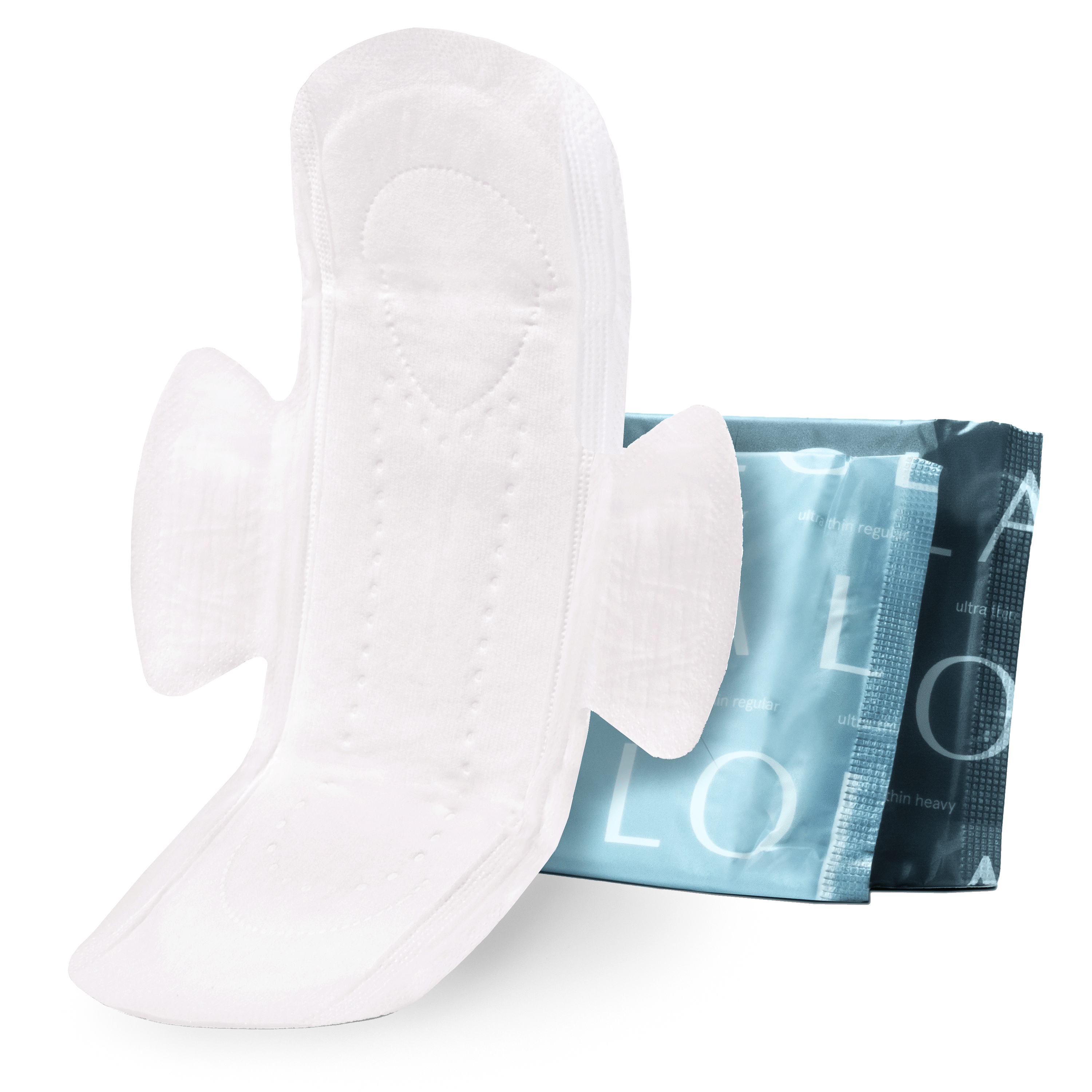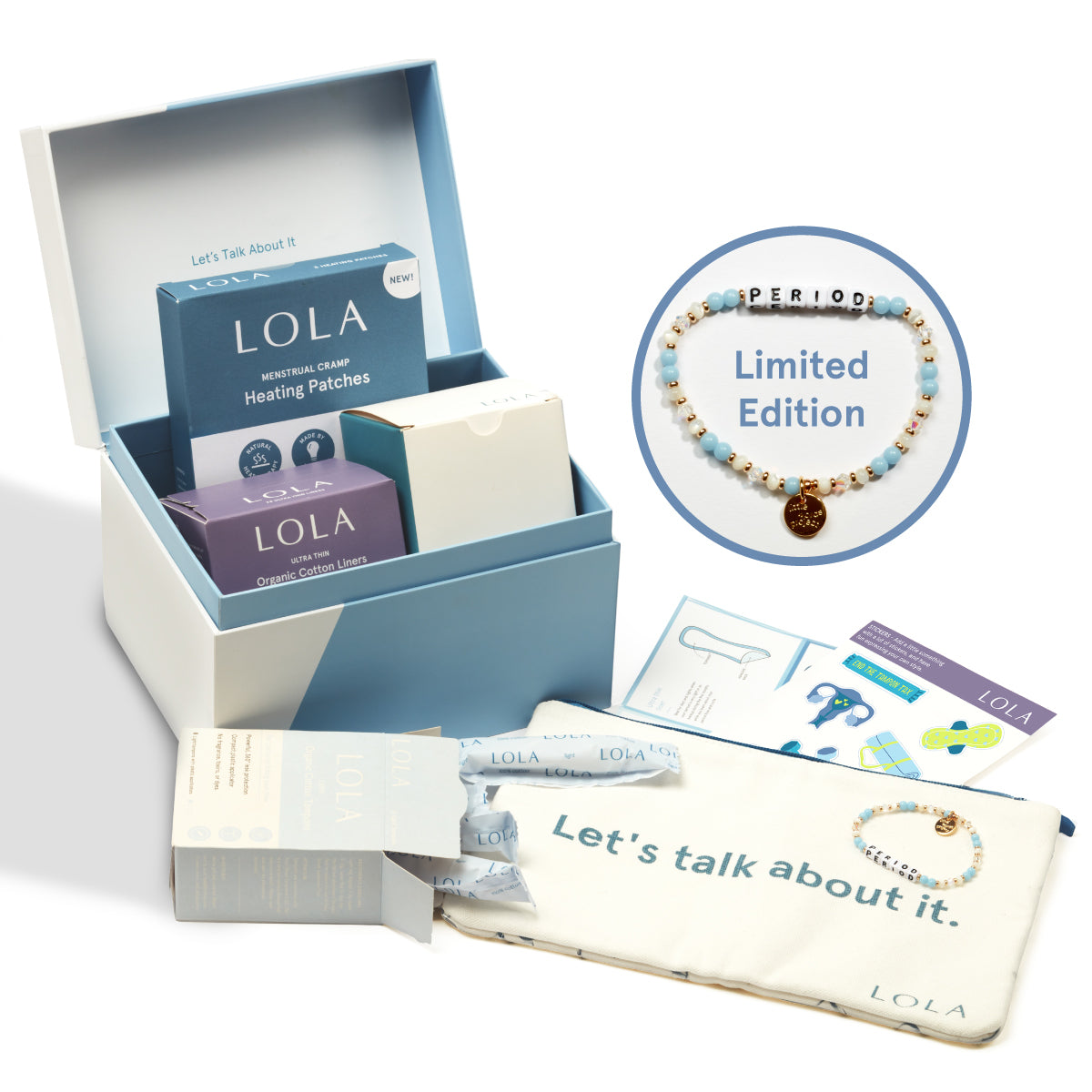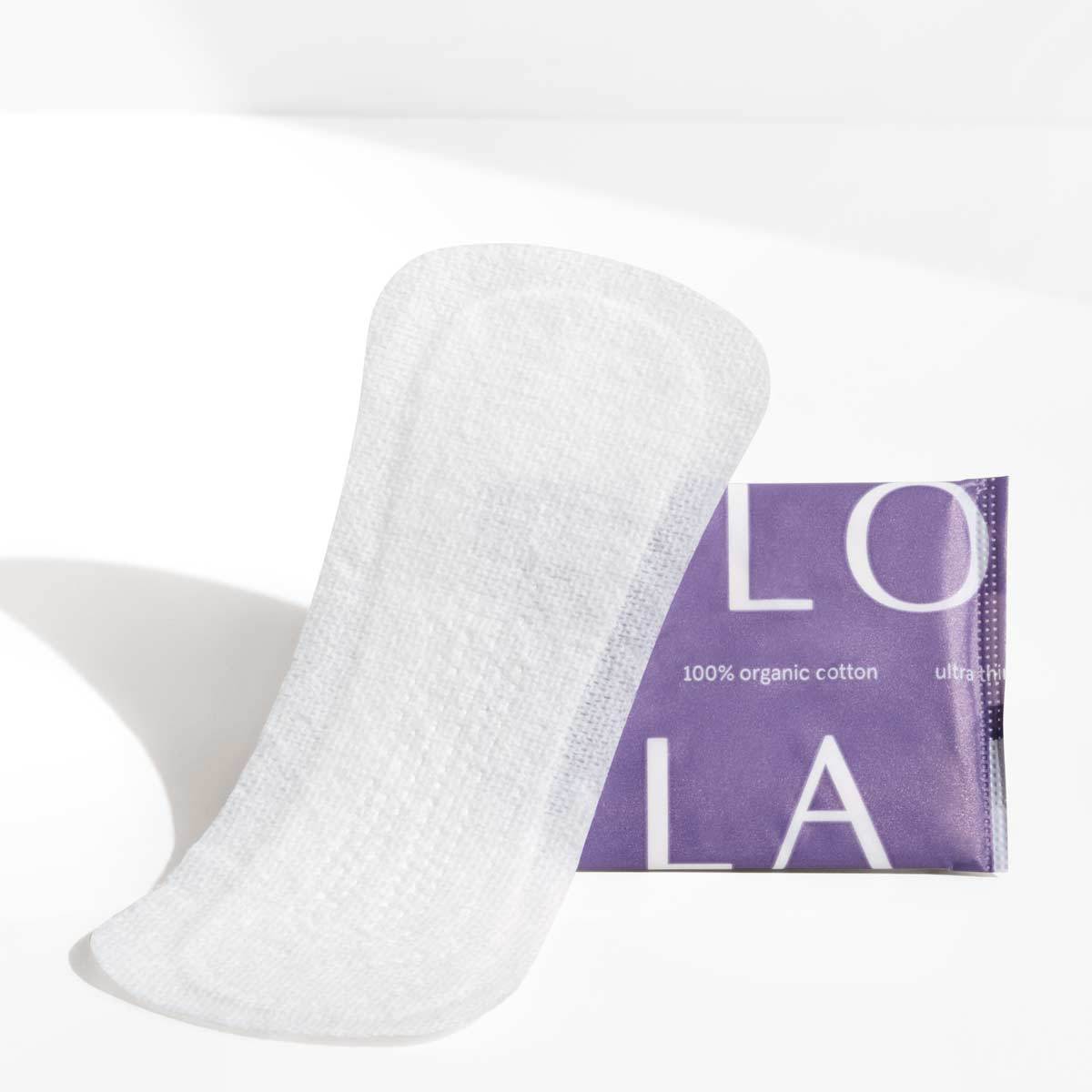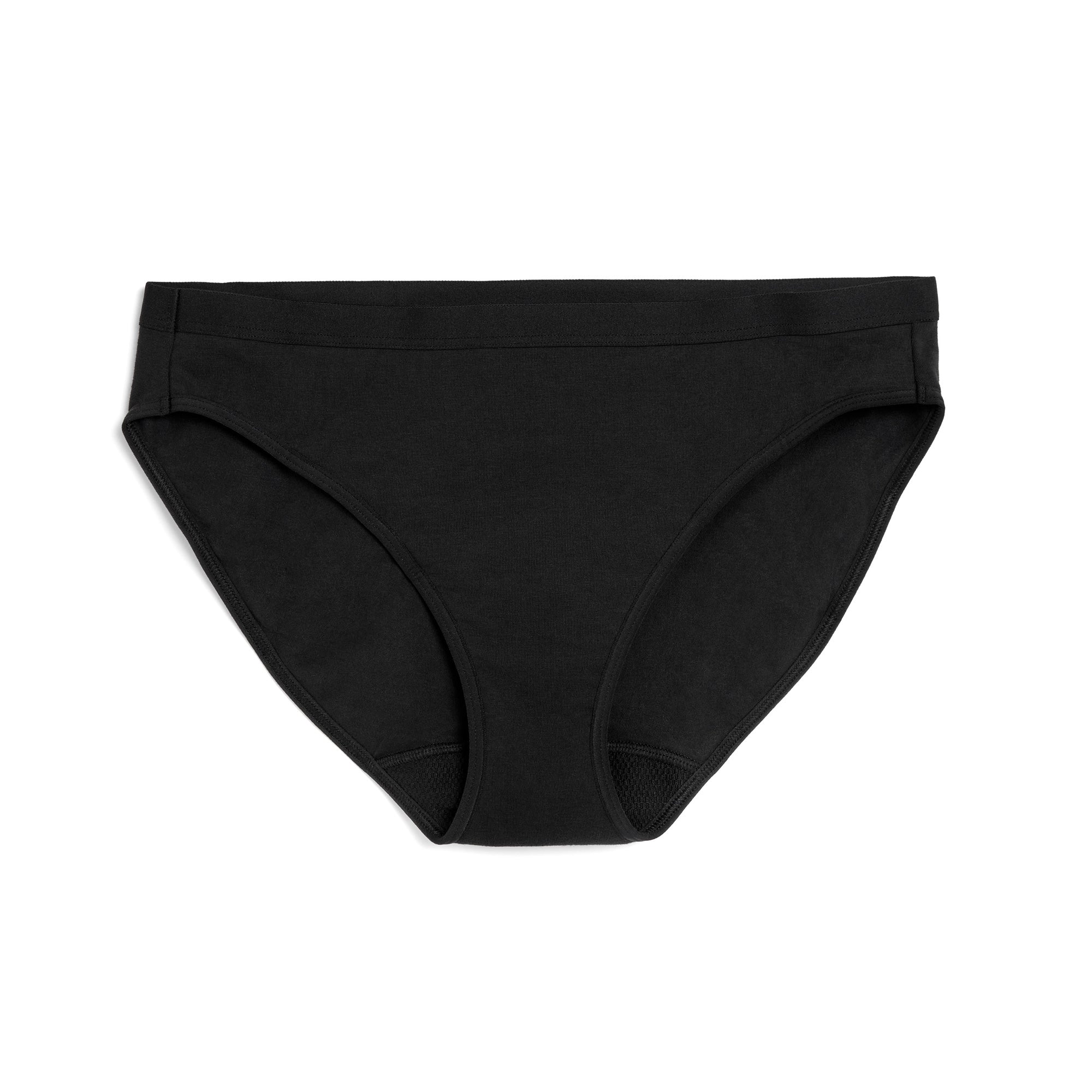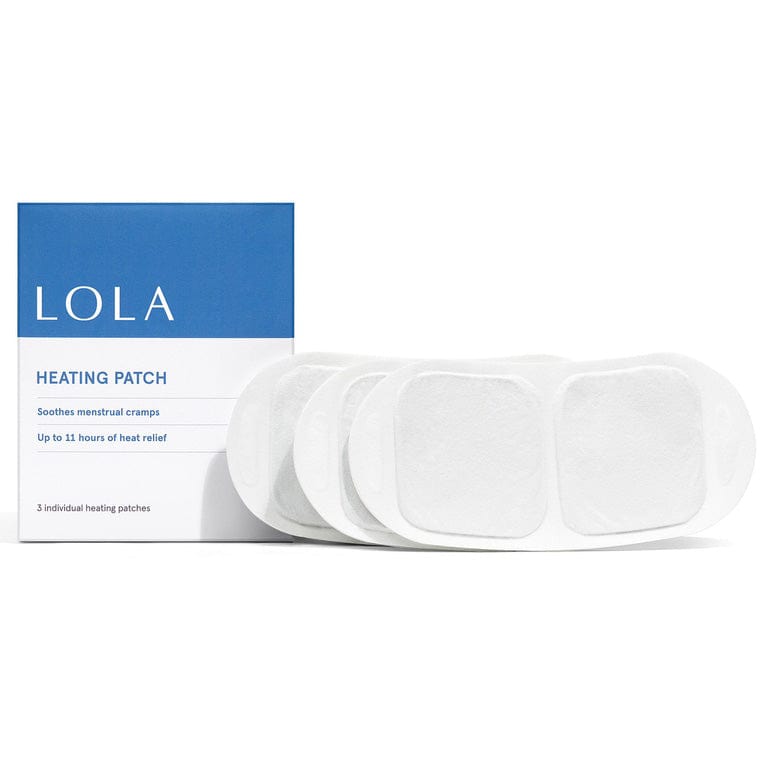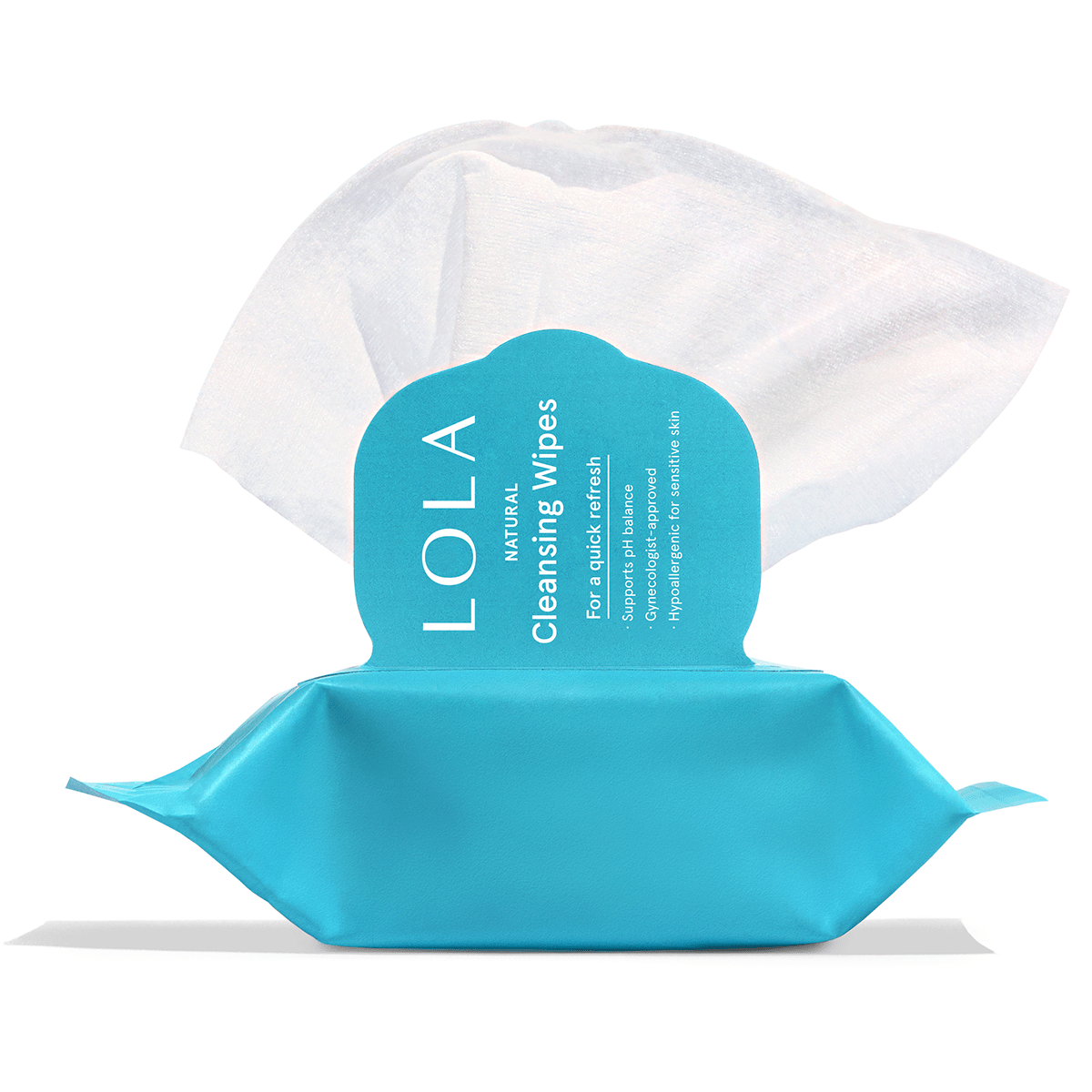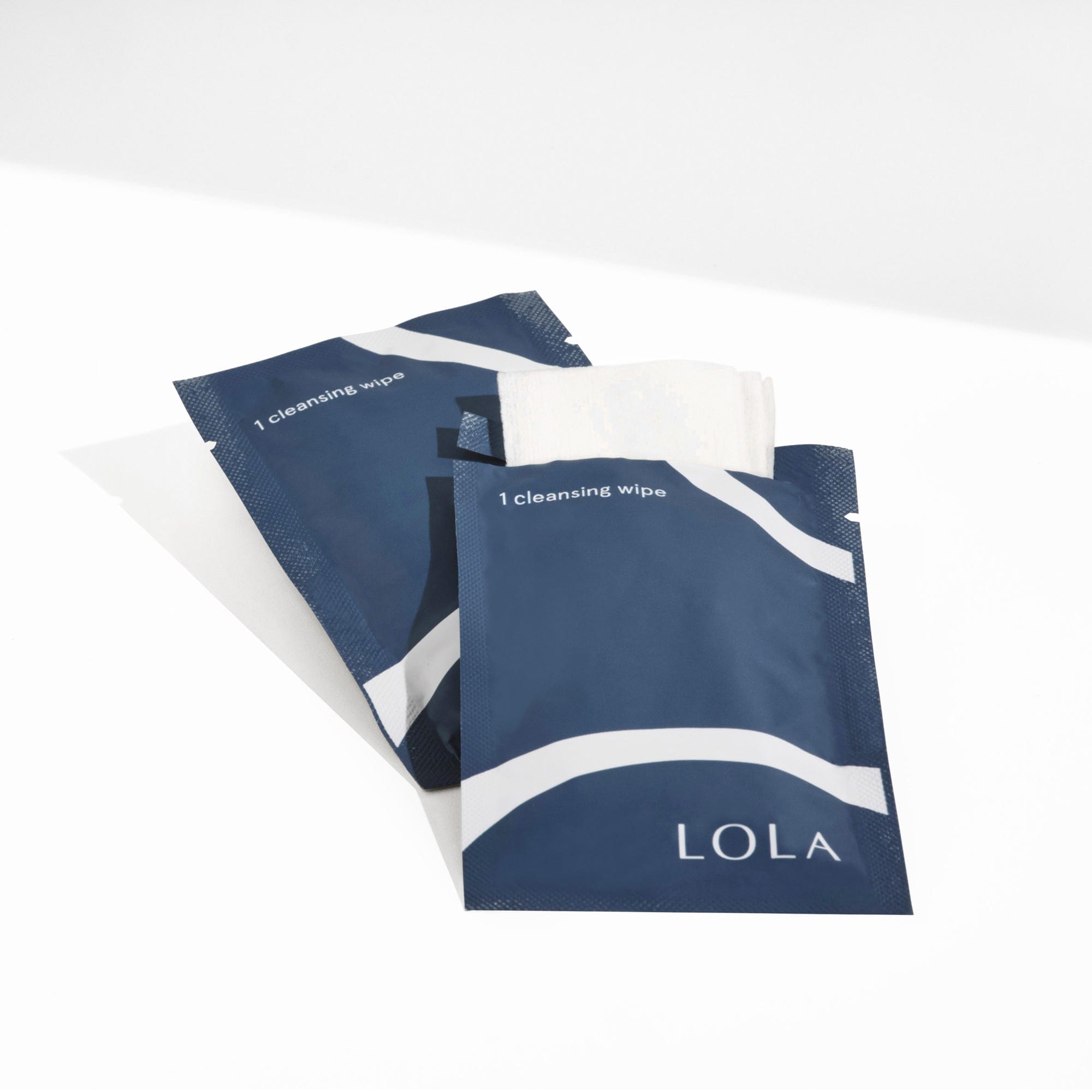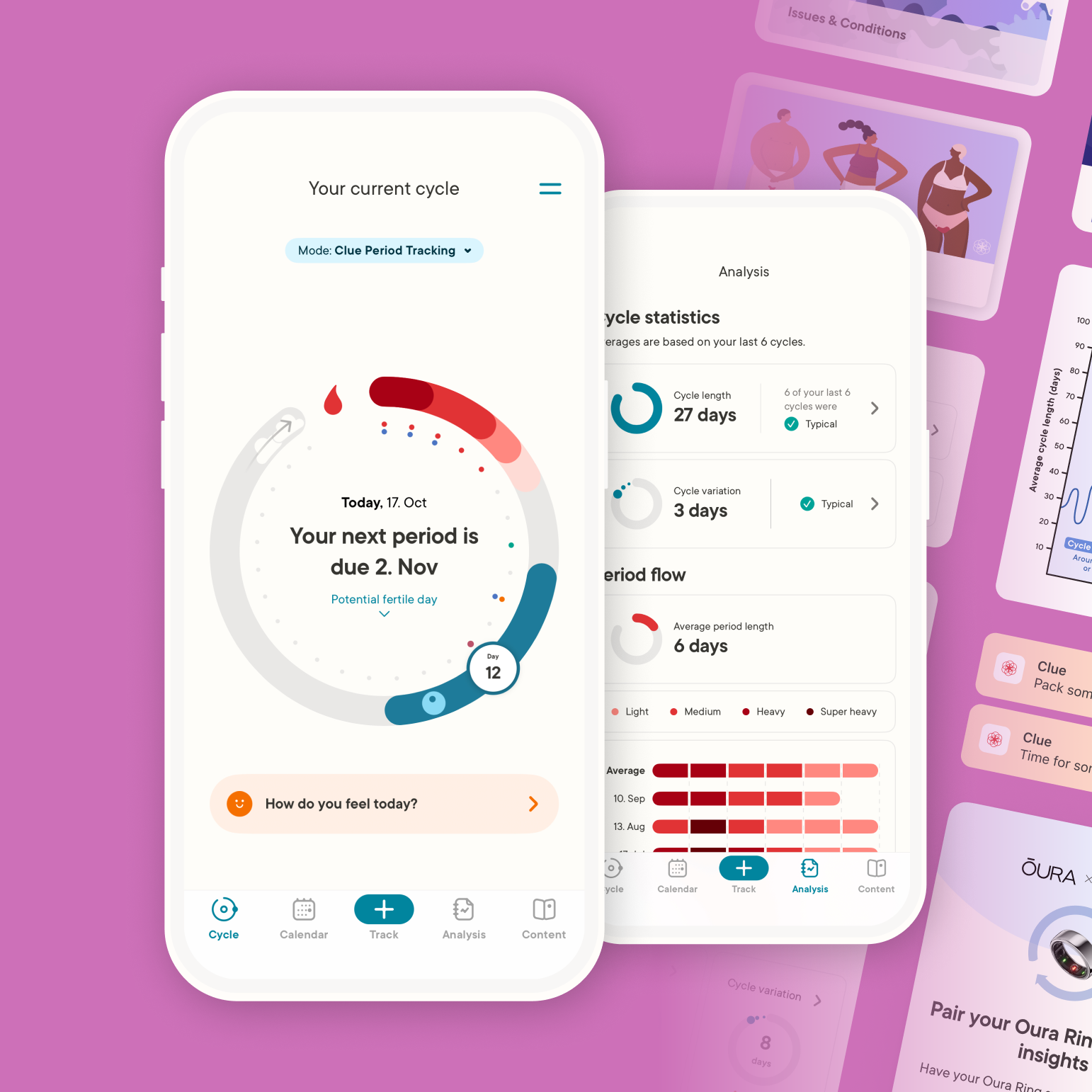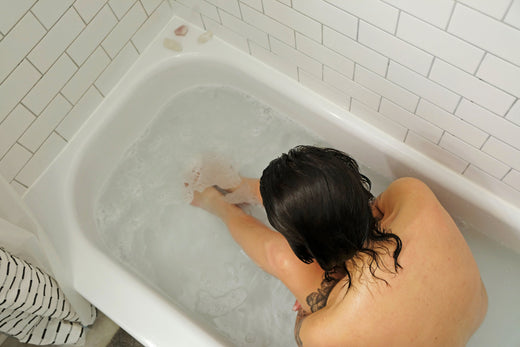If you’ve just given birth, you might be contending with a new problem that no one prepared you for: postpartum itching.
The good news is that this is totally normal, and you’re not alone. Postpartum itching is very common and can include itchy skin and vaginal itching in and around the perineum. The better news is that it doesn’t last forever and can be treated using safe, at-home remedies.
Keep reading to learn why postpartum itching happens, how to relieve vaginal and skin itchiness and when to consult with a doctor.
Causes of Postpartum Itching
While postpartum vaginal itching is the most common type of itching you’ll face after giving birth, it’s likely that you’ll also experience itchiness all over your body, including under the breasts, if you’re breastfeeding. If you’re experiencing itchy skin after giving birth, it’s probably because of one of the following reasons.
Hormonal Changes
Your pregnancy and the postpartum period throws your hormones out of whack. Dr. Navya Mysore, women’s health expert and primary care physician, explains that estrogen and progesterone levels in your body (which climb up during pregnancy) drop dramatically as soon as your baby is delivered. Estrogen levels, particularly, stay low when breastfeeding to avoid interference with prolactin, the milk-producing hormone. These hormonal shifts cause vaginal dryness, which thins the skin and tissues in and around your vagina. This, in turn, leads to itching and discomfort
Dry Skin
Our skin stretches during pregnancy to make room for the baby growing inside. Stretched skin requires lots of moisture, but our oil glands often can’t meet this need, causing your skin to dry. According to Dr. Mysore, this dry skin causes itching on your belly, typically from the third trimester. This means in addition to postpartum itching, you can also expect some itching while pregnant.
Dry skin remains a common problem even after giving birth. Hormonal shifts combined with the loss of pregnancy fluid, blood, and increased water demand due to breastfeeding changes the texture of your skin, causing it to become dry and flaky. A dip in estrogen also means that your skin can’t hold on to a lot of moisture, resulting in dry, itchy skin.
Infections
Pregnancy and the postpartum period can trigger a change in your vaginal pH, says Dr. Mysore. This, along with any antibiotics you might have taken after delivery, cause an imbalance between the good and bad bacteria in your vagina, leading to yeast infections, UTIs, or bacterial vaginosis (BV). Also, Dr. Mysore explains that if you’re breastfeeding, the hormonal changes coupled with excess moisture from sweat and milk can cause fungal infections and itchiness under your breasts.
Stitches and Postpartum Bleeding
If you’re wondering whether it’s normal for your stitches to itch after giving birth, the answer is a resounding yes! A vaginal birth can cause perineal tears, which often need stitches. As the stitches dissolve in the upcoming weeks, they may cause itchy skin.
You’ll also bleed after giving birth, which is just the shedding of the excess uterine lining and tissue from your pregnancy. If the blood (or lochia, as it’s known) isn’t washed off from your skin properly, it can cause itching.
Liver Imbalance
During pregnancy, it’s all-systems-go inside your body. As a result, your liver can slow down its function of releasing bile. This means the bile hangs out in the gallbladder for too long, causing a backup of gallbladder sludge, which can cause itchy skin and later develop into stones. Dr. Navya advises if you feel intense itching all over your body (especially your hands and feet), you should check in with your doctor and get your liver enzymes tested. Although rare, these can even lead to postpartum hives, which show up as bumps, rashes, or welts on your skin
How Long Does Postpartum Itching Last?
It depends on the cause of your postpartum itching and can last anywhere from a week to a few months.
Natural Remedies for Postpartum Itching
Soothing your itchy skin during your postpartum recovery period will be a welcome relief. Here are some safe, natural remedies that you can carry out at home while adjusting to your new life as a mom.
Moisturizing with Natural Oils
Natural oils such as coconut, almond, olive, and calendula oil are great at soothing dry and itchy skin. Vitamin E and Bio-Oil also get the okay from Dr. Mysore. These oils are absorbed into your dry vulvar tissues and give them some much-needed moisture. They also create a barrier that prevents your skin from losing moisture.
After taking a bath, apply a small amount of these oils to your vulva every day. Make sure to use only virgin and organic natural oils, because the added chemicals or fragrances in refined oils can irritate your sensitive bits. Alternatively, you can add these oils to your bathwater.
If you have extra sensitive skin, Dr. Mysore recommends moisturizing with a simple cream like Cetaphil or Vanicream. Make sure the cream is “clean,” meaning it doesn’t contain phthalates, parabens, or petroleum.
Note: These oils and creams are for external use (on the vulva and perineum) only! Don’t apply them around or inside your vagina.
Cold Compresses
Placing a cold compress over your vulva or any itchy bits can calm postpartum itching and reduce swelling and inflammation, giving you instant relief—especially in the first 24 hours after delivery. You can make a cold compress yourself by wrapping a few ice cubes inside a clean cotton cloth and placing it over your vulva or perineum. Do this a few times a day for 5-10 minutes. If you had a C-section, we recommend icing your scars every two to three hours for the first five weeks after giving birth.
Alternatively, you can buy some cold witch hazel pads or wipes (made from witch hazel, a plant known to reduce swelling and inflammation, soothe itchy skin, and even fight bacteria). You can also use a perineal ice pack, which doubles as a cold compress and pain reliever. These ice packs are used just like menstrual pads, except they go over the whole perineum area. You can wear them for up to 30 minutes at a time.
Whether you’re cooling down the tenderness or warming up for some relief, we’ve got you covered with LOLA's Hot & Cold Perineal Gel Pads.
Oatmeal or Baking Soda Baths
Wait a minute. Oatmeal and baking soda? Isn’t that food? Technically, yes, but they also double as home remedies for postpartum vulvar itching. This isn’t your regular oatmeal, though. Known as colloidal oatmeal, it’s made by grinding whole oat kernels (husk and all) into a very fine powder. Applying this fine powder mixed with water to your skin creates a binding film on top of your skin, preventing any moisture loss. Oats also contain lipids that help replenish the natural oils of your body.
You can grind whole, uncooked oats at home or get colloidal oatmeal from the pharmacy. To create an oatmeal bath, simply dissolve the oatmeal in your tub and soak in it for 20 minutes. Be sure not to use instant oatmeal or rolled oats, as these are often de-husked and processed before they get to you and won’t have the same nutritional benefits.
Alternatively, dissolve one to two cups of baking soda into your bathtub and soak in it for half an hour. You can also mix natural salts or apple cider vinegar for extra itch care. In addition to soothing itchy vulvar skin (without disrupting the natural pH of your vagina), these baths also help with fungal infections and UTIs.
If you have any cuts or open sores, avoid taking a baking soda or oatmeal bath, as it can make the infection worse and/ or irritate your skin further. Additionally, diabetic people should also avoid baking soda baths, as they can increase the ketones in their blood.
Sitz Baths
Sitz baths involve filling a shallow tub (known as a sitz bath) with lukewarm water and soaking your perineum (ideally for 10 to 20 minutes). Sitz bathtubs, specifically for sitz baths, typically fit perfectly on top of your toilet bowl. This works wonders for relaxing your private bits and reducing your itching. These baths clean the area, allowing more blood flow and reducing swelling, inflammation, and infection.
Aloe Vera Gel
Aloe vera gel has several attractive properties, such as anti-inflammatory, antibacterial, and cooling effects. If you feel a burning sensation or have red and itchy spots, applying some aloe vera gel over them can provide instant relief, although Dr. Mysore says it won’t necessarily help with mild itchiness.
The best aloe vera gel is straight from the plant, which you can get at many grocery stores. Here’s how to make aloe gel at home.
Lifestyle Adjustments To Prevent Postpartum Itching
In addition to using the remedies listed above, you’ll need to make some small lifestyle adjustments to keep that pesky postpartum itching at bay.
Wear Breathable Clothing
This tip applies to underwear and pants in particular. Wear cotton underwear because it lets your sensitive bits breathe and absorbs sweat. This prevents moisture build-up moisture inside your underwear, stopping bacteria and yeast growth, which can cause itching.
Wear loose, flowy clothes such as skirts, dresses, or nighties whenever possible. When relaxing at home, feel free to lounge on your bed with just a top to air out your bits. Just make sure to lay down a clean towel underneath!
Maintain Proper Hydration and Diet
Good food and water are important parts of postpartum recovery. Not only will this help keep your skin hydrated (thereby reducing dryness), but it will give your body the nutrients boost it needs to repair itself faster and improve gut and overall health. Dr. Mysore explains:
It is very common to have night sweats [postpartum] due to hormonal changes, similar to perimenopause and menopause.
Along with that, breastfeeding (and giving birth in general) results in lots of lost fluid, so you’ll need to replenish your body with the fuel and hydration it craves. Otherwise, dehydration may cause your itchiness to get worse.
Your postpartum diet should consist of:
- Fruits and veggies
- Whole grains: Quinoa, oats, buckwheat, millet
- Proteins: Chicken, fish, nuts, beans, seeds, oats, soy products like tofu
- Healthy fats: Fatty fish like salmon, nuts, seeds, virgin olive oil
- Fiber-rich foods: Beans, seeds, chickpeas, barley, oats, quinoa
- Carbohydrate-rich foods to increase serotonin and maintain your mental health during postpartum recovery: Rice, starchy vegetables like potato, legumes, whole wheat brea
Aim to drink at least 8 to 10 glasses of water per day. You can also take in milk and juice, but avoid caffeinated drinks and drinks that contain a lot of added sugars.
Avoid Harsh Soaps and Detergents
Soaps and detergents containing chemicals and added fragrances can irritate your skin, worsening your postpartum itching. Instead, use hypoallergenic, fragrance-free cleansers. Take care not to wash the inside of your vagina and avoid douching as these can cause burning and itchiness on your vaginal walls. Wash your vulva with lukewarm water and avoid scrubbing your nether regions vigorously. Instead, pat dry gently with a soft cotton towel after washing.
When To Seek Medical Advice
If none of the home remedies have proven effective for your postpartum itching, it may be time to consider a healthcare provider. You should also consult a doctor if you find rashes (such as postpartum hives) over your skin, notice any unusual odors from your vagina, or experience any allergic reactions, such as swelling.
If you have a persistent itch that seems to be worsening, especially on your palms and the soles of your feet, it might be a sign of liver imbalance. In this case, consult your doctor immediately.
All in all, your and your baby’s health is your top priority. So, it’s always a good idea to check in with your physician, even if you only have mild itching, so that you can promptly rule out any postpartum complications.
Alleviate postpartum soreness and get smooth skin with LOLA’s postpartum care products. [Shop now]
